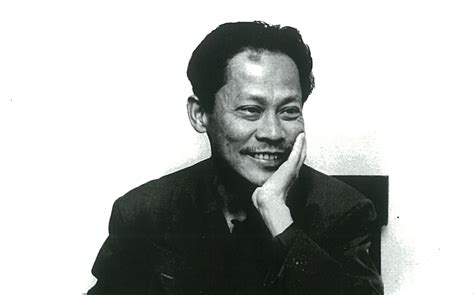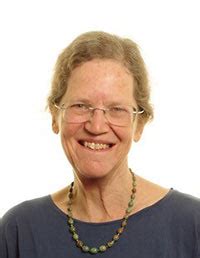A Quote by Gunnar Myrdal
People become less inhibited from wanting to change social and economic conditions in a radical fashion according to their own interests, and from being prepared to think of state intervention in ever wider spheres as possible and useful for this purpose.
Related Quotes
I think it's good to have your own selfish interests, whether it's liking chocolate ice cream or wanting a new car. It's just human nature is that. We have our own selfish interests. I think we have interests that go beyond our self to friends, to family first, maybe to friends, maybe to community. I think that's important to think about those spheres of influence that radiate from you.
Now culture being a social product, I firmly believe that any work of art should have a social function to beautify, to glorify, to dignify man... Since any social system is forced to change to another by concrete economic forces, its art changes also to be recharged, reshaped, and revitalized by the new conditions... The making of a genuine artist or writer is not mysterious. It is not
the work of Divine Providence. Social conditions, history, and the people's struggle are the factors behind it.
The illegitimate use of a state by economic interests for their own ends is based upon a preexisting illegitimate power of the state to enrich some persons at the expense of others. Eliminate that illegitimate power of giving differential economic benefits and you eliminate or drastically restrict the motive for wanting political influence.
We destroy the most hallowed of relations, when we replace home education by social.And your education! Is not that also social, and determined by the social conditions under which you educate, by the intervention, direct or indirect, of society, by means of schools, etc.? The Communists have not invented the intervention of society in education; they do but seek to alter the character of that intervention, and to rescue education from the influence of the ruling class.
Schools should be democratic public spheres. They should be places that educate people to be informed, to learn how to govern rather than be governed, to take justice seriously, to spur the radical imagination, to give them the tools that they need to be able to both relate to themselves and others in the wider world. I mean, at the heart of any education that matters, is a central question: How can you imagine a future much different than the present, and a future that basically grounds itself in questions of economic, political and social justice?
I'm against ObamaCare, which is imposing radical change, and I would be against a conservative imposing radical change.... I don't think right-wing social engineering is any more desirable than left-wing social engineering... I don't think imposing radical change from the right or the left is a very good way for a free society to operate.
Commercial interests with their advertising industry do not want people to develop contentment and less greed. Military interests in economic, political, ethnic or nationalist guises, do not want people to develop more tolerance, nonviolence and compassion. And ruling groups in general, in whatever sort of hierarchy do not want the ruled to become too insightful, too independent, too creative on their own, as the danger is that they will become insubordinate, rebellious, and unproductive in their alloted tasks.
It is my feeling that as we grow older we should become not less radical but more so. I do not, of course, mean this in any political-party sense, but rather in a willingness to struggle for those things in which we passionately believe. Social activism and the struggle for social justice are often thought of as the natural activities of the young but not of the middle-aged or the elderly. In fact, I don't think this was ever true.
The Nazi Party was, in the early 1920s, but one among many nationalist and volkisch radical political groups. It was catapulted to prominence with the onset of economic recession in the late 1920s... The Nazis owed their spectacular to a combination of two discrete sets of factors: first, their distinctive organisation and strategy; and secondly, the wider socio-economic conditions which created climates of opinion and sets of grievances on which the Nazis could prey.
The Fascist State lays claim to rule in the economic field no less than in others; it makes its action felt throughout the length and breadth of the country by means of its corporate, social, and educational institutions, and all the political, economic, and spiritual forces of the nation, organised in their respective associations, circulate within the State.


































